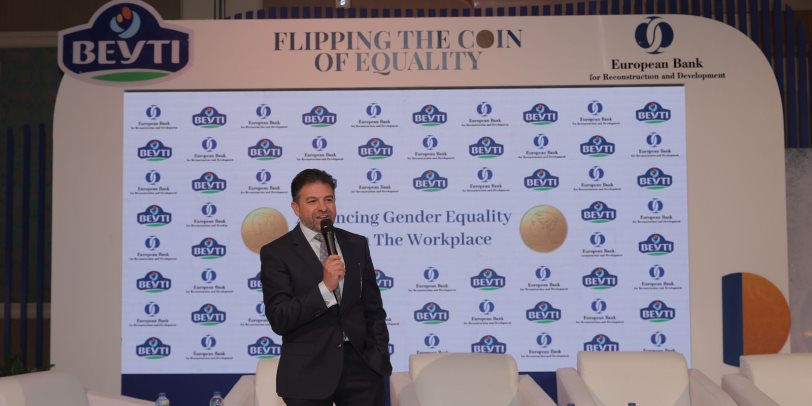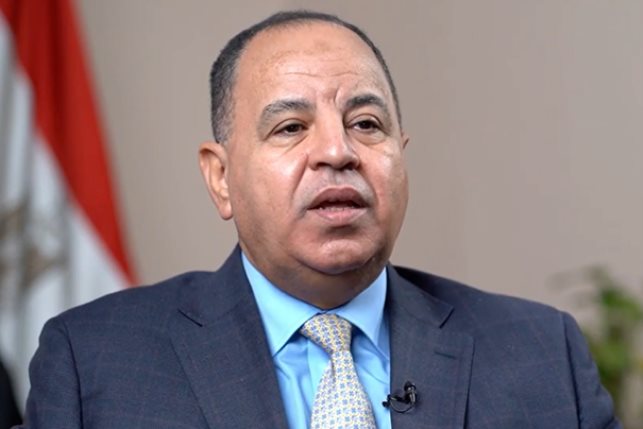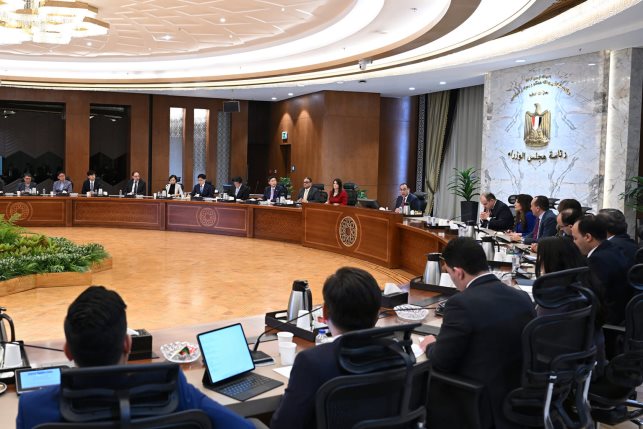Addressing gender equality and meeting global standards with Amr Salem, Beyti’s CHRO
According to Salem, the company witnessed a notable surge in women's representation across leadership roles, with women holding 30% of leadership roles and 21% in senior management positions.

Celebrating the success of its strategic alliance with the European Bank for Reconstruction and Development (EBRD), the Egyptian leader in dairy and juice products, Beyti, revealed the remarkable results of its efforts to advance gender equality within the company’s organizational framework.
“Beyti and the EBRD started the program almost two years ago, with the EBRD serving as a consultant, helping us understand our current situation and identifying the key actions we have to take in order to implement [new policies]. The EBRD would then support us through monitoring, pilots, and showcasing its impact. So, we’ve been lucky to have these consults through the EBRD,” Amr Salem, Chief Human Resources Officer (CHRO) at Beyti, told Business Today in an exclusive interview.
EBRD’s consultancy played a crucial role in bolstering Beyti’s sustainability strategy and improving its reporting processes to align with the Global Reporting Initiative (GRI Reporting) standards. Salem expressed the company’s commitment to their social responsibility, which includes providing essential training opportunities for women in senior positions.
According to Salem, the company witnessed a notable surge in women's representation across leadership roles, with women holding 30% of leadership roles and 21% in senior management positions.
"Our number one priority was to rewrite our policies and procedures to promote gender inclusivity… We had previously used outdated language and phrases, so we initiated a process to train our employees on appropriate interview practices and questions. This involved thoroughly reviewing and developing new policies, including anti-harassment and anti-discrimination measures, which we strictly implemented. We sought guidance from the EBRD and adhered to European standards, rather than simply adopting generic guidelines. Regular follow-ups were conducted to ensure compliance and provide feedback on areas needing improvement,” Salem said in his conversation with Business Today.
“One of our key focuses was raising awareness throughout the company. We launched a comprehensive awareness campaign to prepare everyone for the introduction of new policies and procedures, recognizing the evolving diversity landscape. Although it takes time, the effort has been worthwhile. I can now feel the positive impact within the organization, as employees proudly share stories of gender diversity and inclusivity. It is no longer a matter of enforcement, but a natural progression fueled by the company itself," he added.
Having worked in various HR roles in his 30-year career, Salem highlighted that the challenge in Egypt’s private sector is mainly creating equal opportunities, whether directly or through education. While discussing the gender pay gap, Salem explained to Business Today that he hasn’t witnessed the issue, saying, "I can talk about the lack of opportunities in certain jobs, but in terms of pay? An accountant is an accountant, an HR manager is an HR manager, etc. Despite working in Beyti for 11 years and other multinational organizations in the private sector before it, I have never seen it. If this happens in other sectors or regions, it’s a shame and ridiculous to be honest”.
“I think our role as leaders enables us to push progress and create the required awareness to combat inequality. People around us come from different backgrounds and different cultures, and you may even find people who have come from companies that are discriminating through unbalanced salaries… and so, a leader’s role is to spread awareness for others to understand and promote equality and inclusion, as well as avoid discrimination whether it be a man or a woman, by religion or color. It is about the way we talk to each other and operate together,” he clarified.
In line with their dedication to women’s empowerment, Salem shared with Business Today how the company hopes to impact external parties in hopes of promoting equality. “We have extended our policies to include our suppliers. So, we will not accept suppliers that make these kinds of rules [or discrimination] …. This is a statement. We are a very ethical company, and if we feel like these suppliers are not treating their people well, then we will not deal with them.”
Looking back to the start of the collaboration with the EBRD, Salem recalls one of the early research studies done to understand gender-related issues at the company. “Through research and a survey, we discovered that one of Beyti’s strengths was our health and safety measures, with the consultants sharing with us that we have a world-class health and safety process. This was something that benefited everyone, not only for men or for women separately, and so this was the foundation we built everything else on.”
"In our journey towards gender inclusivity, we recognized that certain roles, particularly in the factory and field, were predominantly male-dominated. To address this, we took significant strides in understanding the entire workflow, starting from the early morning entry into the plants until employees reached their homes,” Salem said.
During the EBRD’s consults, Beyti identified the key steps that needed to be adjusted to foster a more gender-friendly environment, including providing management teams with a pivotal role.
“Our Future Leaders program played a vital role in this transformation. We carefully selected exceptional individuals from universities, prioritizing a balanced representation, with nearly 50% being women. This program provided a fast track for career advancement, where participants progressed from supervisors to team leaders and eventually assumed management roles within three years,” he added.
“As a result, we anticipate having a substantial community of well-educated and trained engineering and production managers in the near future, further promoting gender equality. While technical training remained a priority, our focus extended beyond gender, aiming to nurture capable leaders regardless of gender," Salem explained.





